🌿 What is Veppam Poo Powder?
Veppam Poo Powder is prepared from the dried flowers of the Neem tree (Azadirachta indica), a revered medicinal tree in Siddha, Ayurveda, and Tamil folk medicine. Neem flowers, though small and delicate, are incredibly potent and are traditionally used to purify the blood, enhance digestion, and balance pitta dosha. Known for their bitter taste and aromatic profile, Veppam Poo is widely incorporated in detox preparations, spring-time recipes, and traditional medicines. It is also considered sacred and is often offered in Tamil rituals during festivals like Ugadi and Tamil Puthandu.
🌱 Description of the Neem Tree
- Botanical Name: Azadirachta indica
- Family: Meliaceae
- Plant Type: Fast-growing deciduous tree
- Leaves: Pinnate, dark green, bitter-tasting, and serrated
- Flowers: Small, white, fragrant, star-shaped, blooming in clusters
- Fruits: Olive-shaped drupe (Neem fruit)
- Odor: Mildly aromatic with a bitter undertone
🌍 Habitat of Veppam Poo
Neem trees grow abundantly across the Indian subcontinent, particularly in Tamil Nadu, Andhra Pradesh, Karnataka, and dry tropical climates. The flowers bloom during late spring and are carefully harvested in the early morning hours to preserve their potency. Veppam Poo is traditionally dried in shade to retain its therapeutic qualities and bitter essence.
🌟 Medicinal Properties of Veppam Poo Powder
Veppam Poo is a powerhouse of therapeutic actions, especially in regulating metabolism and internal cleansing:
- Detoxifying: Helps cleanse the liver, intestines, and blood
- Anthelmintic: Aids in eliminating intestinal worms
- Appetizer: Stimulates digestive fire (Agni) and increases appetite
- Anti-diabetic: Supports healthy blood sugar levels
- Anti-inflammatory: Reduces inflammation in internal tissues
- Antibacterial & Antifungal: Fights microbial infections and oral ulcers
- Fever-Reducing: Traditionally used during seasonal fevers and indigestion-related fever
🧪 Active Compounds in Veppam Poo
-
Azadirachtin: Anti-parasitic and insecticidal compound
-
Nimbin & Nimbidin: Antibacterial and anti-inflammatory agents
-
Flavonoids: Antioxidant properties
-
Triterpenoids: Anti-inflammatory and detoxifying
-
Essential Oils: Mildly aromatic, antiseptic in action
-
Bitter Principles: Aid in pitta balancing and metabolic regulation
🍵 Usage and Dosage
⚠️ Always consult a qualified Siddha or Ayurvedic physician before use, especially for long-term or internal therapeutic use.
General Detox & Blood Purification
-
Powdered Form: ¼ tsp (1–1.5 g) once daily with warm water on an empty stomach for 7–10 days during seasonal cleanses.
-
Can be combined with turmeric powder for enhanced effect.
Digestive & Appetite Support
-
Take ¼ tsp powder with buttermilk before meals to stimulate appetite and digestion.
Anti-worm & Intestinal Cleanse
-
Mix ¼ tsp with a pinch of black pepper powder and honey. Consume on alternate days for 1 week.
Fever & Metabolic Imbalance
-
Boil with tulsi leaves, dry ginger, and cumin to prepare a bitter herbal decoction.
External Use
-
Mouth Rinse: Add powder to warm water and use as a gargle for ulcers or bad breath.
-
Skin Cleanse: Can be mixed with turmeric and sandalwood for occasional use on acne-prone skin.
⚠️ Precautions
- Not suitable in high doses or long durations due to bitterness and potential for pitta aggravation.
- Avoid during pregnancy and menstruation unless guided by a practitioner.
- Use with caution in children; consult a pediatric Siddha or Ayurveda doctor.
- May lower blood sugar—diabetic patients should monitor glucose levels if taken internally.
📦 Storage
- Store in a clean, airtight glass or metal container.
- Keep in a cool, dry place away from direct sunlight.
- Avoid moisture to prevent clumping and preserve aroma.
- Shelf life: 9–12 months when stored properly.
🌿 Organic and Ethical Considerations
- Always choose sustainably harvested Neem flowers, preferably from wild or organic trees.
- Shade drying ensures preservation of active compounds and traditional potency.
- Support small-scale herbalists and local growers who adhere to ethical practices.
- Use in line with classical Ayurvedic texts and Tamil folk wisdom.

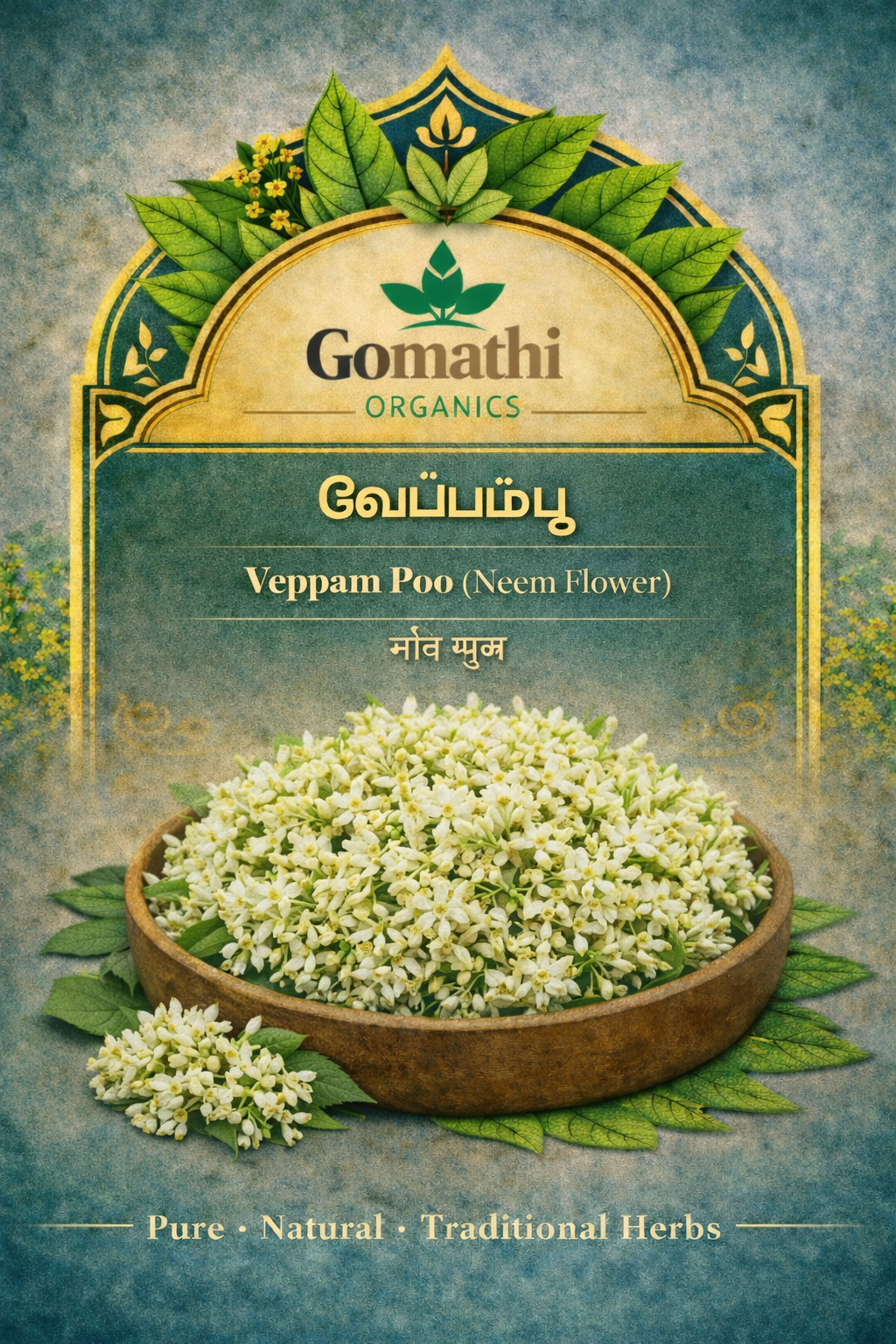
 SCIENTIFICALLY TESTED & COMPLETELY SAFE. SUITABLE FOR VEGETARIANS. NOT TESTED ON ANIMALS/NO ANIMAL INGREDIENTS. NO KNOWN SIDE EFFECTS. COMPLETELY SAFE. NON-TOXIC. FREE FROM HEAVY METALS
SCIENTIFICALLY TESTED & COMPLETELY SAFE. SUITABLE FOR VEGETARIANS. NOT TESTED ON ANIMALS/NO ANIMAL INGREDIENTS. NO KNOWN SIDE EFFECTS. COMPLETELY SAFE. NON-TOXIC. FREE FROM HEAVY METALS 

 The Food and Drug Administration has not evaluated these Statements. This product is classified as an “Herbal Food Supplement” and is not designed to diagnose, treat, cure, or prevent any disease. If you have any underlying health conditions, please consult a healthcare professional before using this product
The Food and Drug Administration has not evaluated these Statements. This product is classified as an “Herbal Food Supplement” and is not designed to diagnose, treat, cure, or prevent any disease. If you have any underlying health conditions, please consult a healthcare professional before using this product 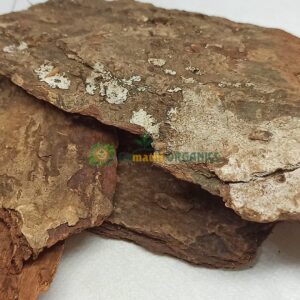
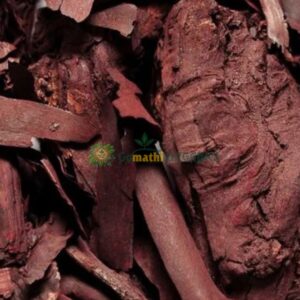

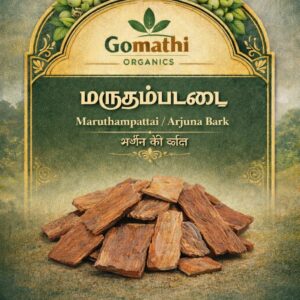

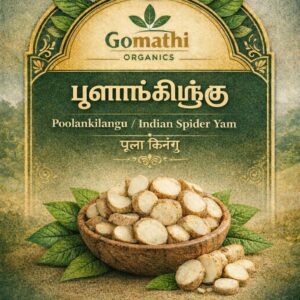
Reviews
There are no reviews yet.